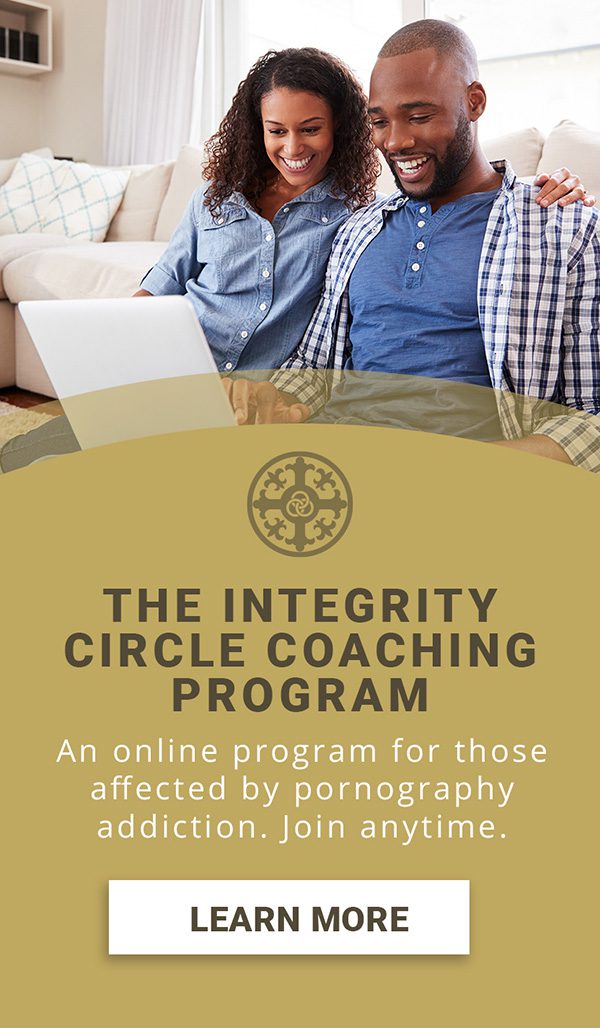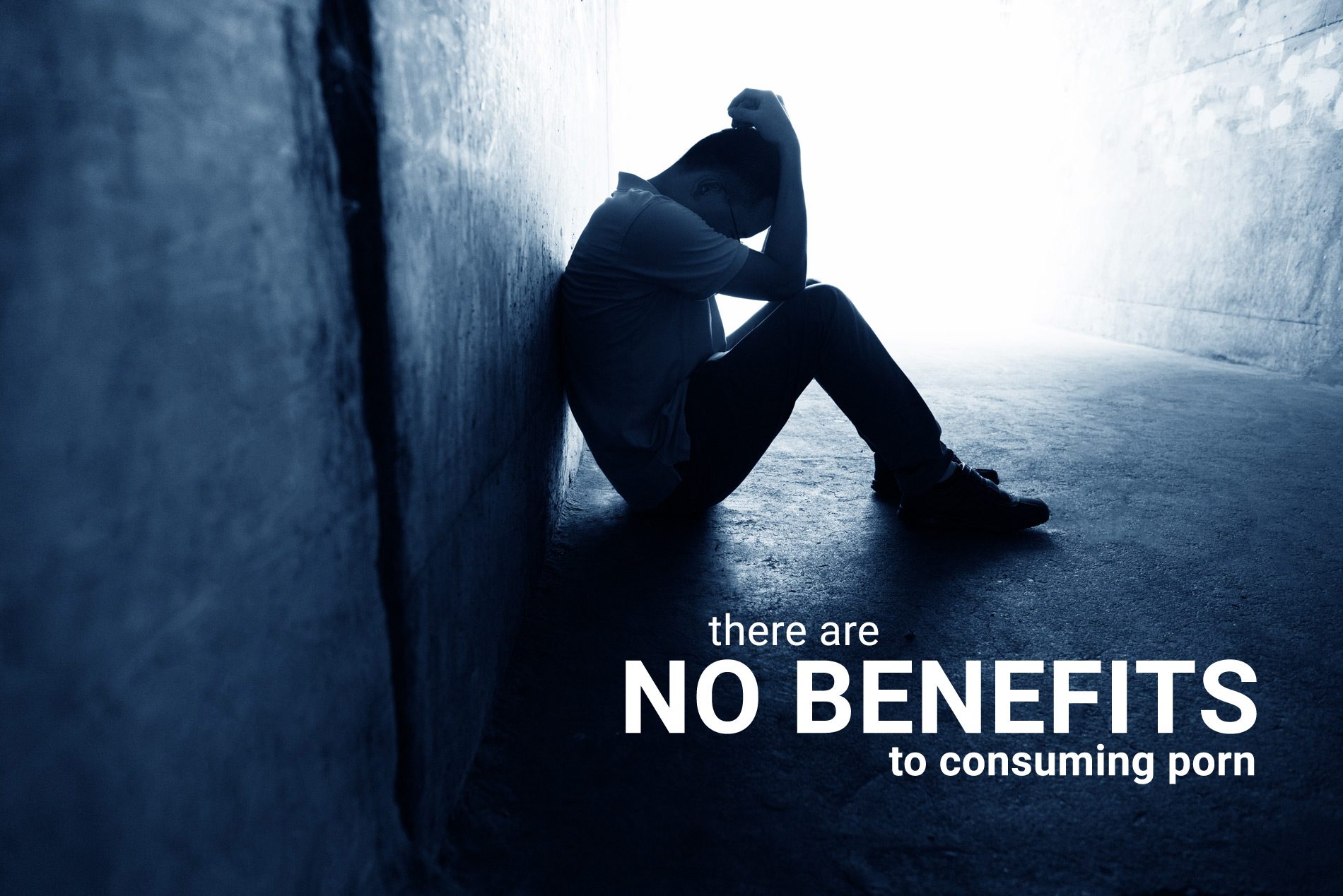Why 12-Step Groups Are Still A Good Idea

Twelve-step recovery groups have long been proven effective in helping addicts in recovery. However there are some who are reluctant to make these
groups part of their recovery program.
Here are five common objections and reasons to overcome them:
1. Fear
The most difficult part of any recovery program is attending your first 12-step meeting. There is the fear that others will find out about your addiction. Fortunately, the confidentiality of a 12-step group is as strong as the seal of confession. Nobody talks. There is also the fear of meeting someone you know at the meeting. While rare, this can be very awkward. However, it can also be a blessing because now you will have an ally in recovery. You can be accountability partners for each other.
2. Pride
Some people believe they can overcome their addiction without the help of a group. This approach to recovery is rarely successful. You need to surround yourself with other people who understand your addiction. They can support you in your recovery and keep you accountable. You will do the same for them in return. It’s this teamwork helps make recovery successful.
3. Shame
Another benefit of the group is that it helps people let go of shame. For many, the 12-step group is the first place where they have ever truly experienced true unconditional love and acceptance. Here is a group of people who will know your deepest, darkest secret and still love and accept you.
4. Skepticism
There are those who believe that 12-step groups don’t work. This is often due to their own experiences in groups of from stories they’ve heard. I have found that groups don’t work for people who are not totally committed to recovery and/or attending the 12-step group is all they are doing for their recovery. A 12-step group is only one component of recovery. A comprehensive recovery program must include counseling, education, spirituality and virtue, along with 12-step group attendance.
5. The 12-step groups are not Catholic
Although most recovery groups don’t subscribe to any particular religion, they do acknowledge the need for God in recovery. In addition, the 12-steps are based on Catholic beliefs and values. The first three steps are about surrendering to God and trusting him with your life:
1. We admitted that we were powerless over lust—that our lives had become unmanageable.
2. We came to believe that a Power greater than ourselves could restore us to sanity.
3. We made a decision to turn our will and our lives over to the care of God as we understood Him.
The next six steps are about taking responsibility for one’s life, making amends, and living a virtuous Christian life:
4. We made a searching and fearless moral inventory of our selves (This is similar the Catholic examination of conscience).
5. We admitted to God, to our selves, and to another human being the exact nature of our wrongs (this is done in confession, in the group and with loved ones).
6. We were entirely ready to have God remove all these defects of character.
7. We humbly asked Him to remove our shortcomings.
8. We made a list of all persons we had harmed, and became willing to make amends to them all.
9. We made direct amends to such people wherever possible, except when to do so would injure them or others. The last three steps focus on continued growth in recovery and as a strong
Christian. A key part of this is helping others who are struggling with addiction.
10. We continued to take personal inventory and when we were wrong, promptly admitted it.
11. We sought through prayer and meditation to improve our conscious contact with God as we understood Him, praying only for knowledge of His will for us, and the power to carry that out.
12. Having had a spiritual awakening as the result of these Steps, we tried to carry this message to sexaholics, and to practice these principles in all our affairs.
Twelve-step groups have been around for over 80 years, since the founding of Alcoholics Anonymous. They have been proven effective for those who are committed to working the steps as part of a comprehensive recovery program. When combined with Catholic spirituality, they are even more effective.
In working the steps, one can incorporate the sacraments, scripture and daily prayer. Working the steps can also improve one’s relationship with God and other people. They are truly wisdom for living!












I want to ask a question.
I no longer view pornography, thanks to God! It’s been several months and i have that part of my life under control with the help of God. However, i still masterbate. Sometimes i imagine sex with my exwife while i masterbate. Am i still recoverying? Should i be concerned?